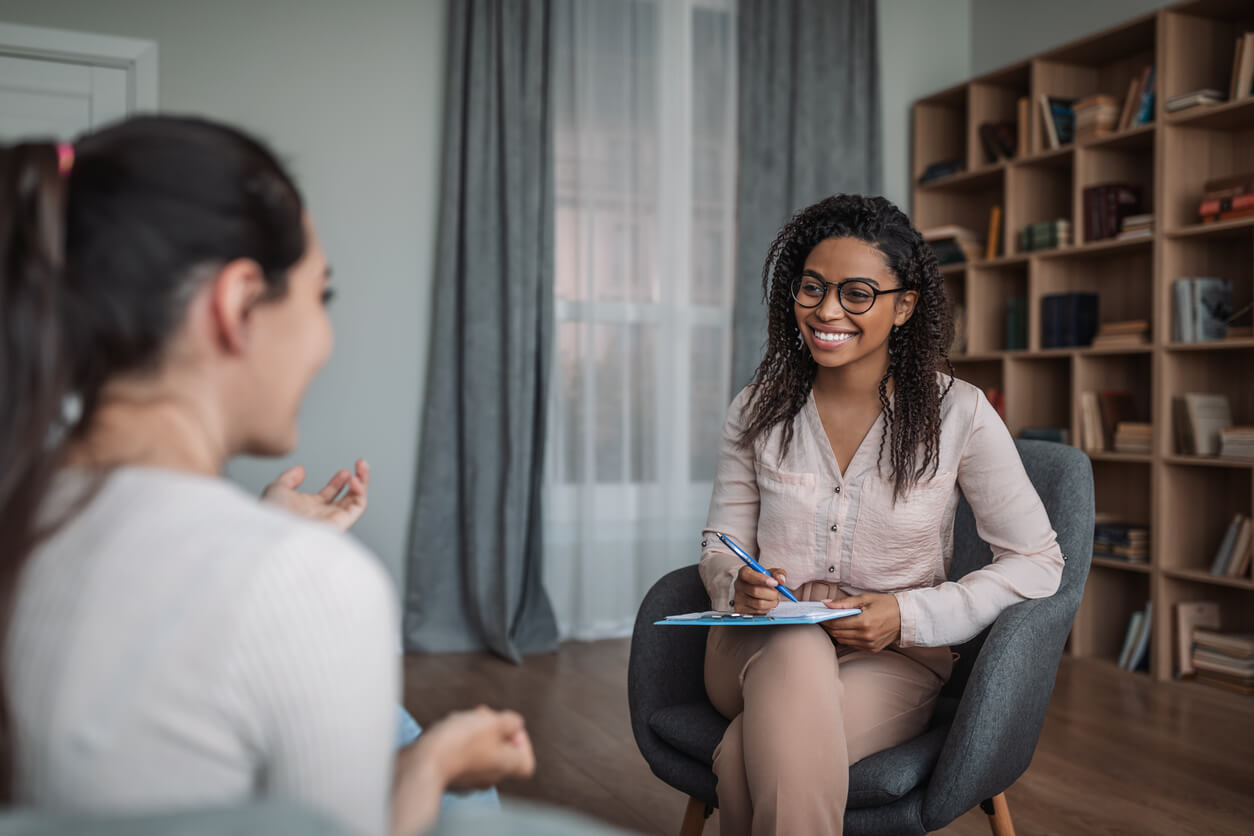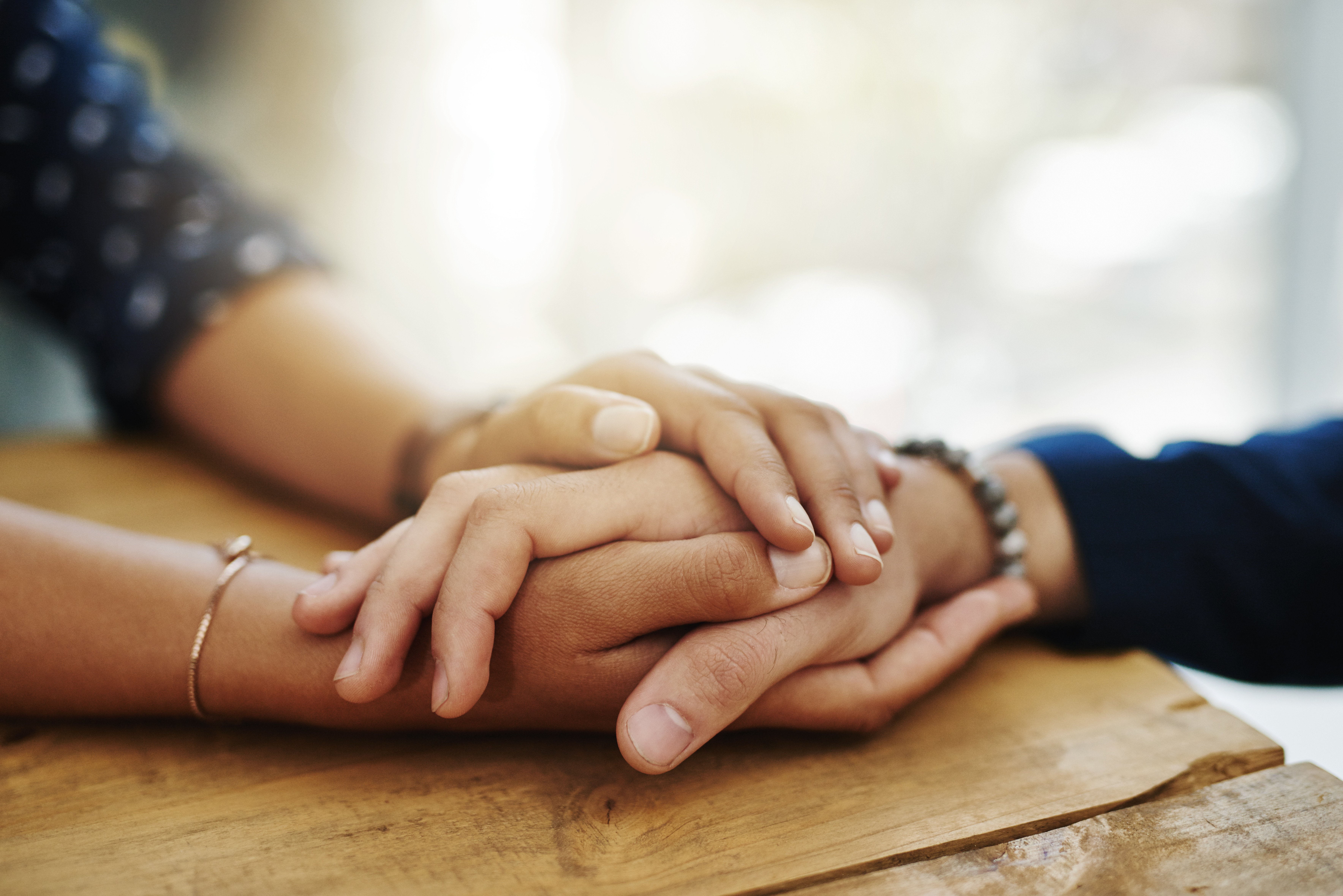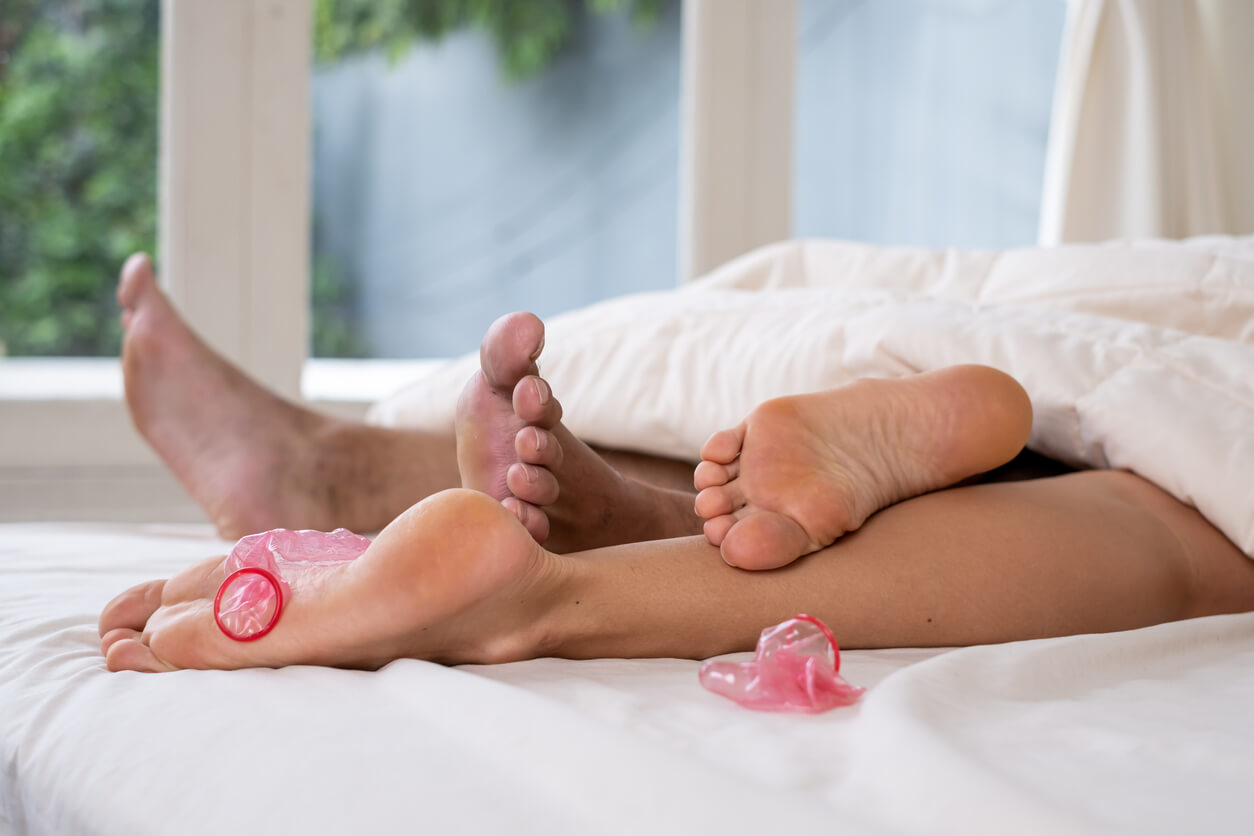Low Self-Esteem Causes & How to Build It Up
Merriam-Webster defines self-esteem as “confidence and satisfaction in oneself.” That’s something we can all aspire to, right? It feels good to feel good about yourself!
Unfortunately, nearly 85% of Americans struggle with low self-esteem. The causes of low self-esteem are deeply personal and rooted in a wide range of traumas and experiences. Low self-esteem has been linked to productivity issues, low academic achievement, violent behavior, and suicide. Low self-esteem isn’t always visible on the surface. You might not even know that you are struggling with it yourself.
We asked Dr. Alice Shepard - a therapist with over 10 years of counseling experience – about this widespread problem affecting Americans of all ages. She offered some thoughts about the causes of self-esteem, as well as some invaluable tips to build up your self-esteem and start to nurture your confidence.
How common is a lack of self-esteem?
It is hard to gauge the prevalence of low self-esteem because it can present differently for different people. For example, sometimes individuals can come across as exuding confidence when internally they are grappling with intense feelings of shame or insecurity.
Low self-esteem is one of the criteria for diagnosing persistent low-grade depression (dysthymia). Additionally, low self-esteem is often evident in individuals who struggle with anxiety, particularly social anxiety.
What causes low self-esteem?
In my work, I have found that self-esteem issues can occur under two main sets of circumstances: First, when there is a separation between what one envisions for themselves (in terms of security, success, love, or attachment) and that of their lived experience.
For example, if I believe I should have achieved a certain level of success by age 35 and in comparison to others (or my ideal self), I am falling behind. Secondly, low self-esteem also can stem from difficulties in social relationships.
Is there any evidence that COVID helped or hurt people's self-esteem?
There is an inverse relationship between self-esteem and feelings of anxiety and depression. The CDC has reported that rates of anxiety and depression have significantly increased during COVID. One example of COVID’s impact on self-esteem is due to living quarters.
Depending on one's living circumstances, people are either experiencing increased isolation/loneliness or an overwhelming lack of separation. Both realities can intensify stress and exacerbate feelings of depression and low self-esteem.
In addition, the pandemic can not be considered separately from other co-occurring societal challenges; police violence against the Black community, anti-Asian hate, and increased political division can compound personal difficulties and intensify our overall feelings of anxiety.
What doesn't work when you’re trying to build self-esteem?
In my role as a therapist, I tend to be more inclined to focus on what does work instead of what doesn't. However, I will caution against feeling like you need to pretend you are doing well if you are not. Some ascribe to the “fake it till you make it” mindset, but that doesn't necessarily work for everyone. Even worse, it can prevent those in your support network from recognizing that you are needing more love, attention, and connection.
What are five ways people can build self-esteem?
- Do a self-assessment of which people, places, or things elicit feelings of insecurity and doubt. Make changes where needed and see if you can assert appropriate boundaries.
- Know that you are not alone in experiencing low self-esteem, depression, or anxiety. Often we can judge ourselves harshly for simply being human.
- Know your limits. If you need a break from work, family, friends, or even isolation, take it. Being able to assert your needs will go a long way to boost self-esteem and prevent the rupturing of meaningful relationships.
- Know that self-care is crucial, and devise a plan that works for you. Add in meditation, yoga, journaling, or the exercise of your choice, as a daily practice.
- If you find that your feelings of low self-esteem, sadness, or worry are getting in the way of your day-to-day functioning, or even if you would just like to optimize your emotional well-being – consider working with a licensed therapist.
Building self-esteem is more than just practicing “self-love”. It’s building a foundation of self-care and confidence that can pay dividends in all areas of your life. If you’re struggling with feeling low or “down” on yourself, it’s important that you reach out to someone. Acknowledging your feelings and getting help is often the most crucial step in preventing low self-esteem from compounding and getting worse.
Talk to a friend, a loved one, or a family member about how you’re feeling. If you’re feeling like low self-esteem is getting in the way of your everyday life, reach out to a licensed therapist on Sesame to talk about how you’re feeling and work towards building a solution. Remember, building self-confidence is a journey. Support networks, personalized care, and patience are essential to building a healthier self-definition.









